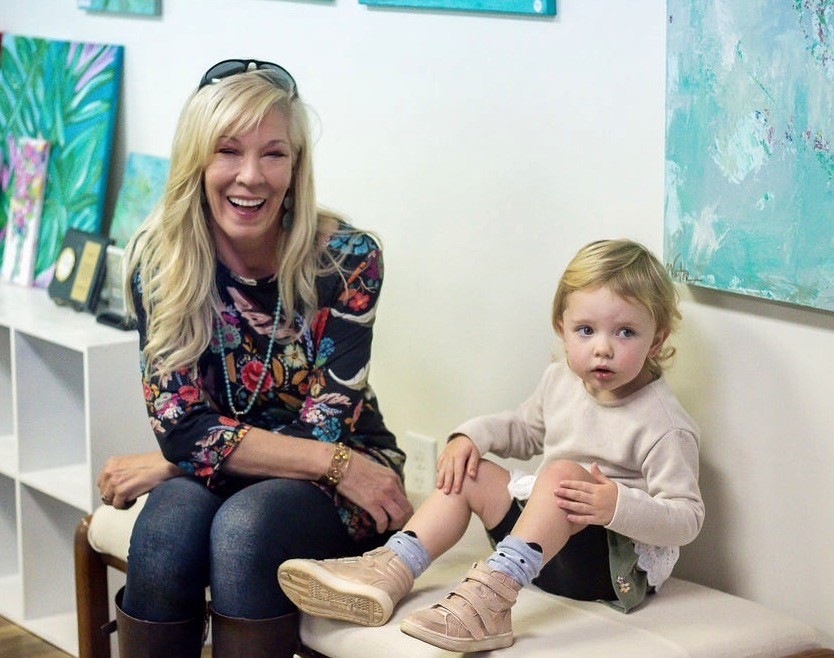We’re excited to introduce you to the always interesting and insightful Rosalind Smith Cross. We hope you’ll enjoy our conversation with Rosalind below.
Alright, Rosalind thanks for taking the time to share your stories and insights with us today. Do you think your parents have had a meaningful impact on you and your journey?
My parents gave me the freedom to explore what interested me, without judgement or pressure to perform. And when I expressed interest in something, they provided the tools, coaching, teaching and encouragement I needed to be successful. When I started piano lessons as a seven year old, they realized the importance of a good instrument on which to learn. My parents had very limited means, but they got me a very high quality piano, which I think took them 10 years to pay off.
I still have that piano, and it is still an amazingly beautiful instrument. I doubt seriously that I could have succeeded as a musician and a creative without their support and wisdom.
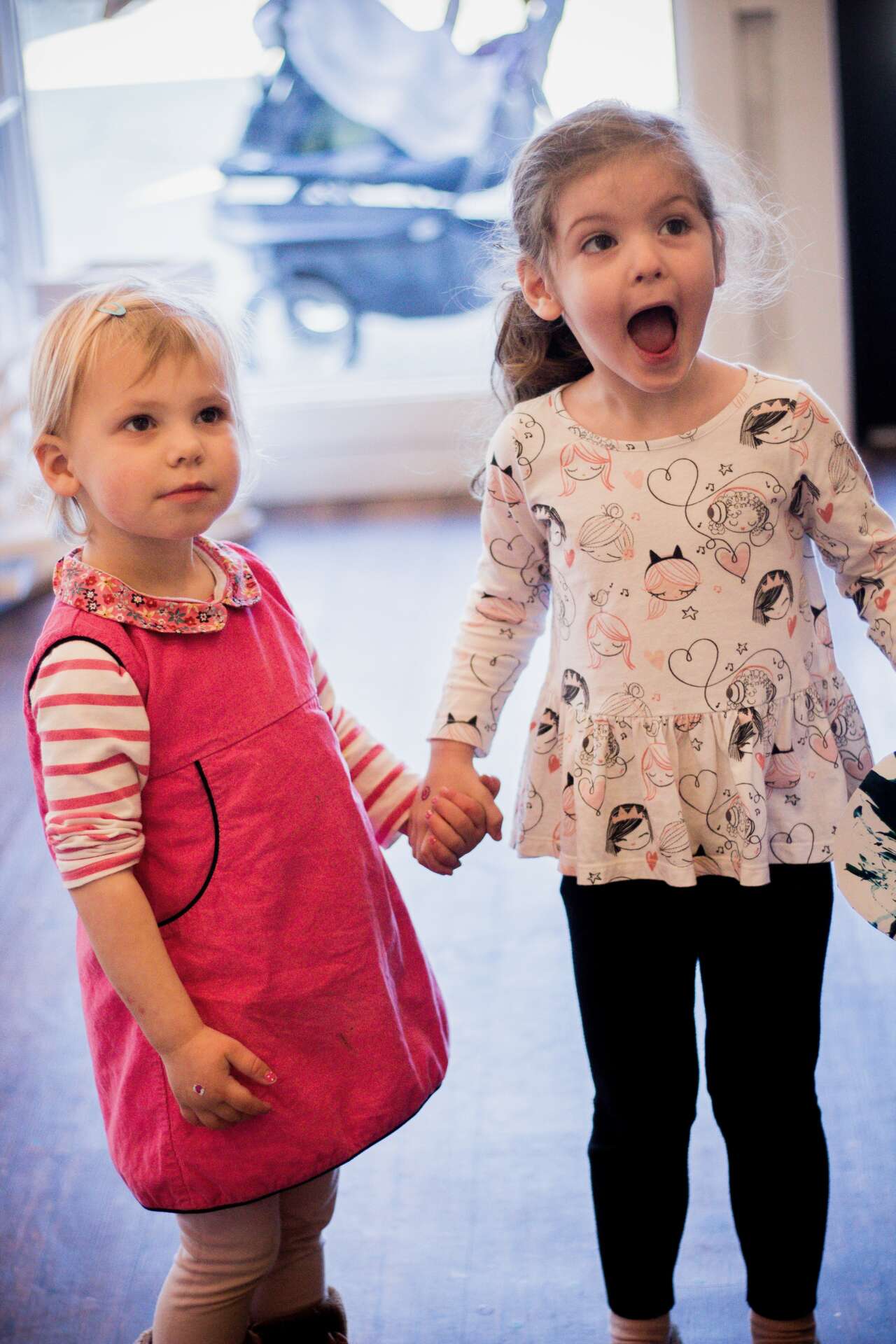
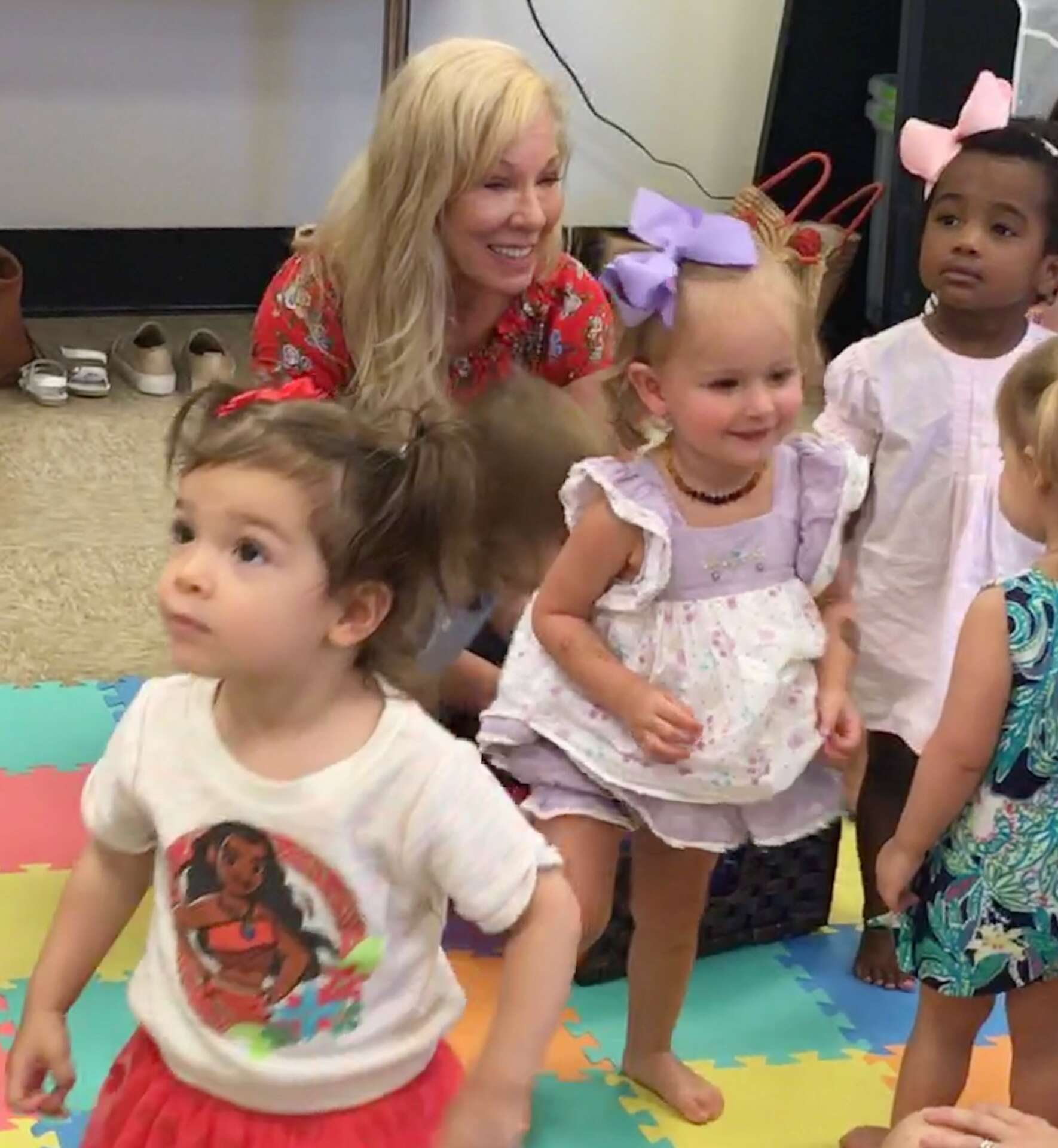
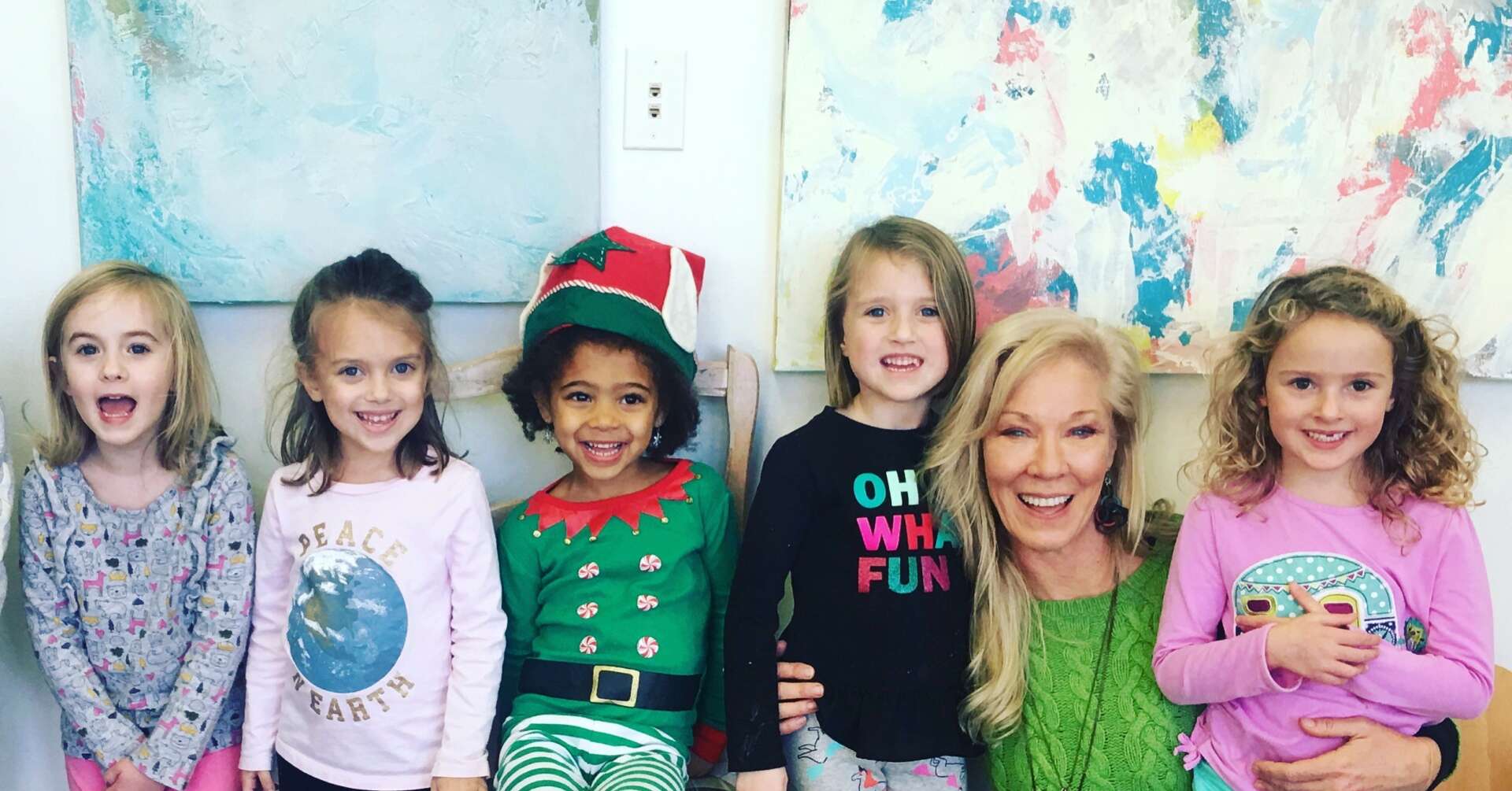

Awesome – so before we get into the rest of our questions, can you briefly introduce yourself to our readers.
I was introduced to the arts early in life when a fabulous music professor, Muriel Murr, took a group of three-year-olds and began to do music exploration with us weekly. Mrs. Murr met us exactly where we were developmentally, giving us the opportunity to explore instruments and sounds, move our bodies, and sing. Since then, I have never known a time that music and movement were not a part of my life.
After graduate school while teaching piano at Anderson University, I was asked to do a Kindermusik class with kindergarteners as an introductory program for our precollege students. I knew nothing about Kindermusik, and literally just did exactly what the teacher’s guide said to do. To my delight, I found that it was a beautiful preparation for reading and playing music, and it incorporated the joyful activities that I had experienced as a child in my preschool class.
What I didn’t realize at the time was the profound effect that music and movement have on the whole child – cognitively, emotionally, socially, and physically. As I went on to become certified to teach Kindermusik and then started my own studio, I observed the amazing connections that were made: children gained confidence physically, learned to listen analytically, learned to be more aware of others … truly profound effects, both for neurotypical and neurodiverse children.
Another thing that I hadn’t anticipated was the benefit for the relationship between parent and child. Our classes are a chance for parents or caregivers to focus on consciously interacting with their child in meaningful ways, and the activities we do in class provide opportunities for emotional connection. The wonderful part is that families then take these activities home and make music and movement a part of their daily lives!
I also didn’t realize the enormous benefit for parents and caregivers to be able to come and be a part of a community. Our sessions are by the semester, so at the very least they have 15 weeks to get to know other families in class. To be able to have a place to come and belong, where they are encouraged and accepted, and where we are dedicated to their family’s success – that is so important. Parents make friends, have playdates, and many of our families have made lifelong friends from being in class together.
I think that is what makes Kindermusik at Village Arts special — we are deeply invested in each family. Each child and adult is loved, noticed, nurtured and celebrated. It truly is a Village!
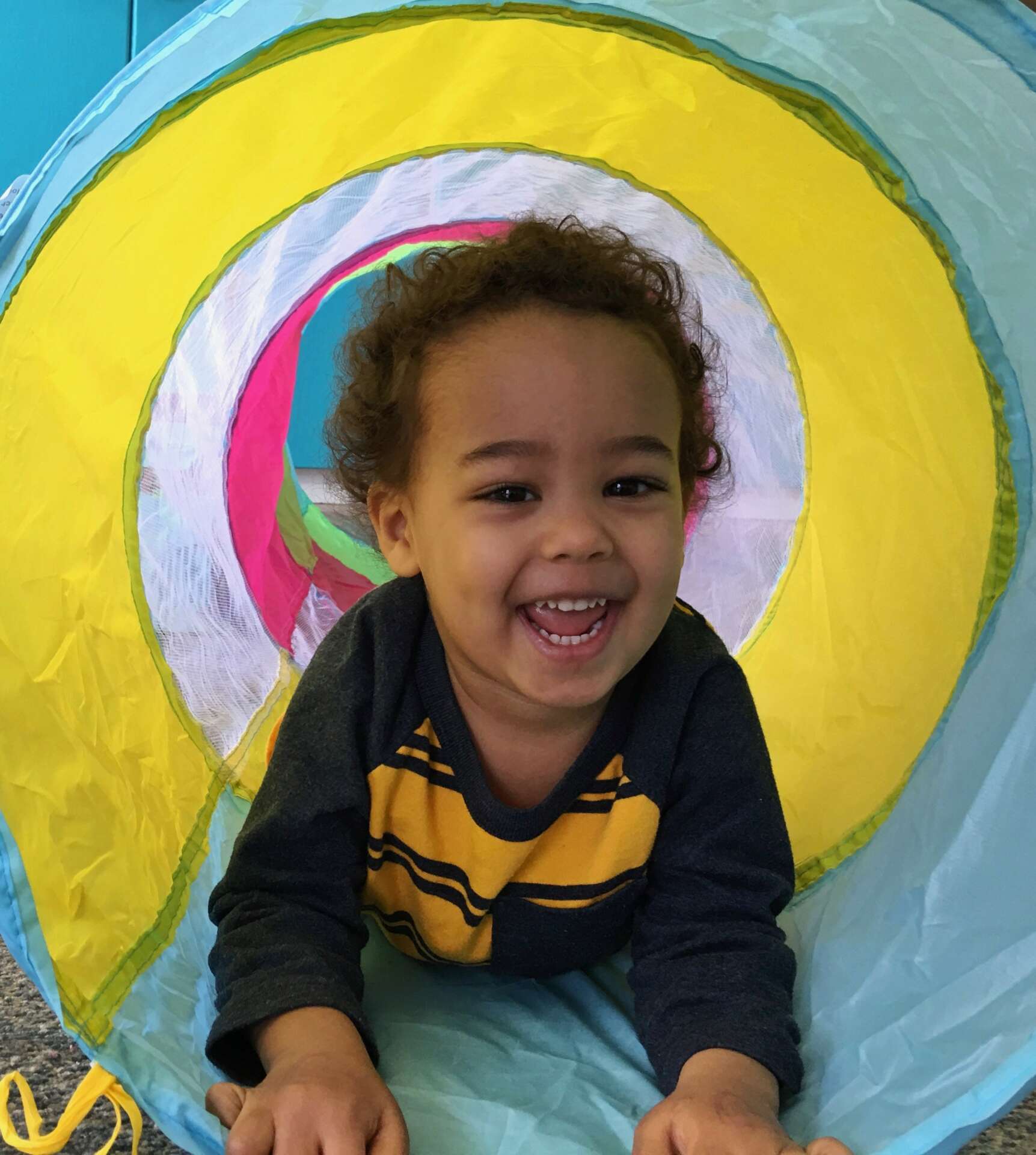
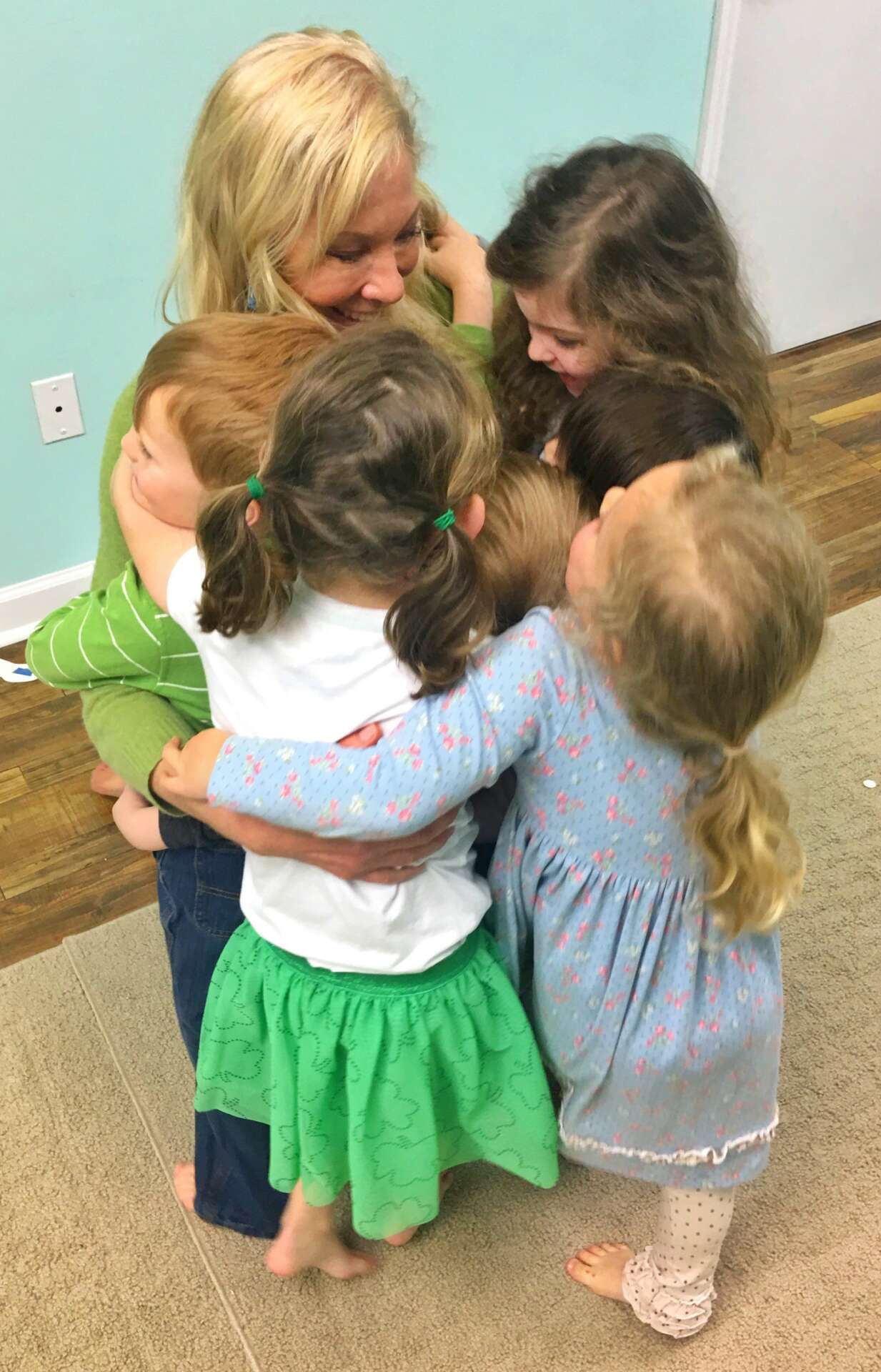
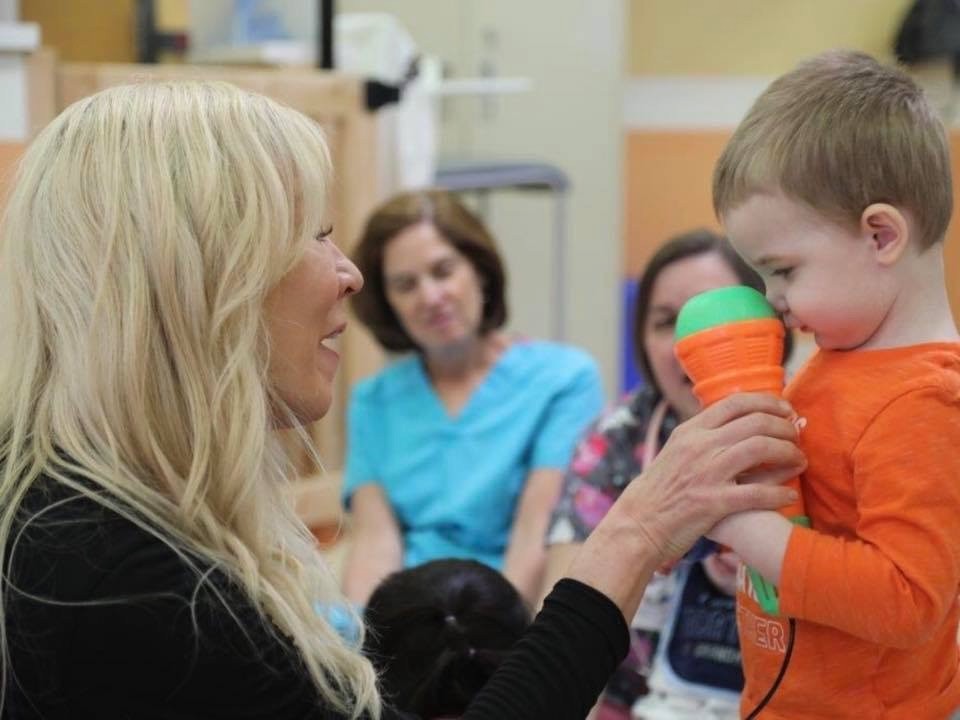

What do you think is the goal or mission that drives your creative journey?
As I began to understand the benefits of arts enrichment, it struck me that the children and families who could benefit the most were the least likely to have access. In our society, music, dance and art instruction are available to those whose families can afford it. I thought of all the children who would NOT have these opportunities. I thought of what a difference it could make for them, and I decided that it would always be part of our mission to make that happen.
Arts enrichment is beneficial for individuals, for families, and therefore to the community. Why wouldn’t we want that for our world?
As a result, we provide music for medically fragile children, have a special needs class at the studio, and provide weekly classes for physically and sexually abused and neglected children. I have also had the privilege of bringing music and connection to children in Peru, Jordan, Ethiopia, Honduras, and the migrant worker community here in the US.
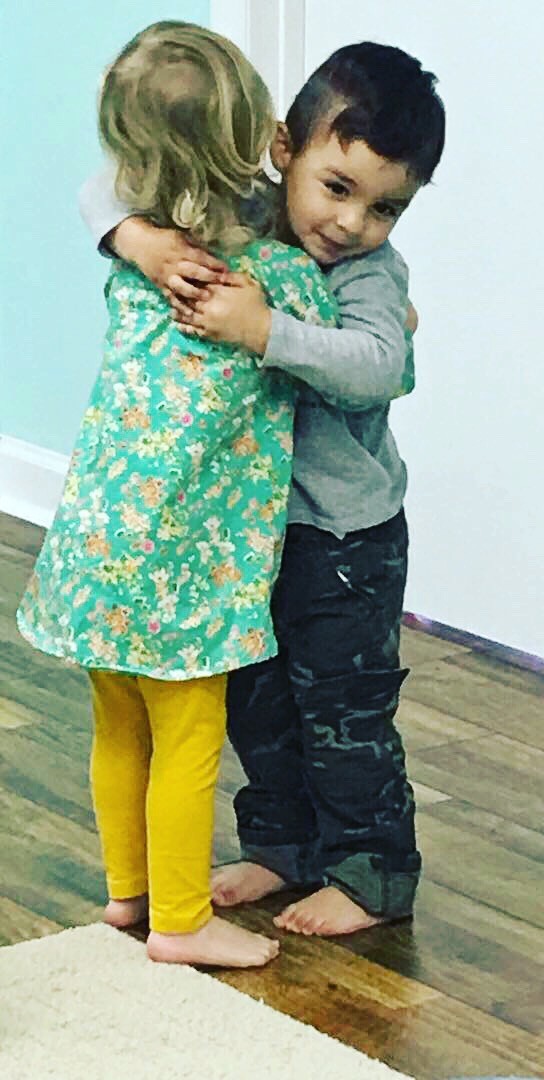
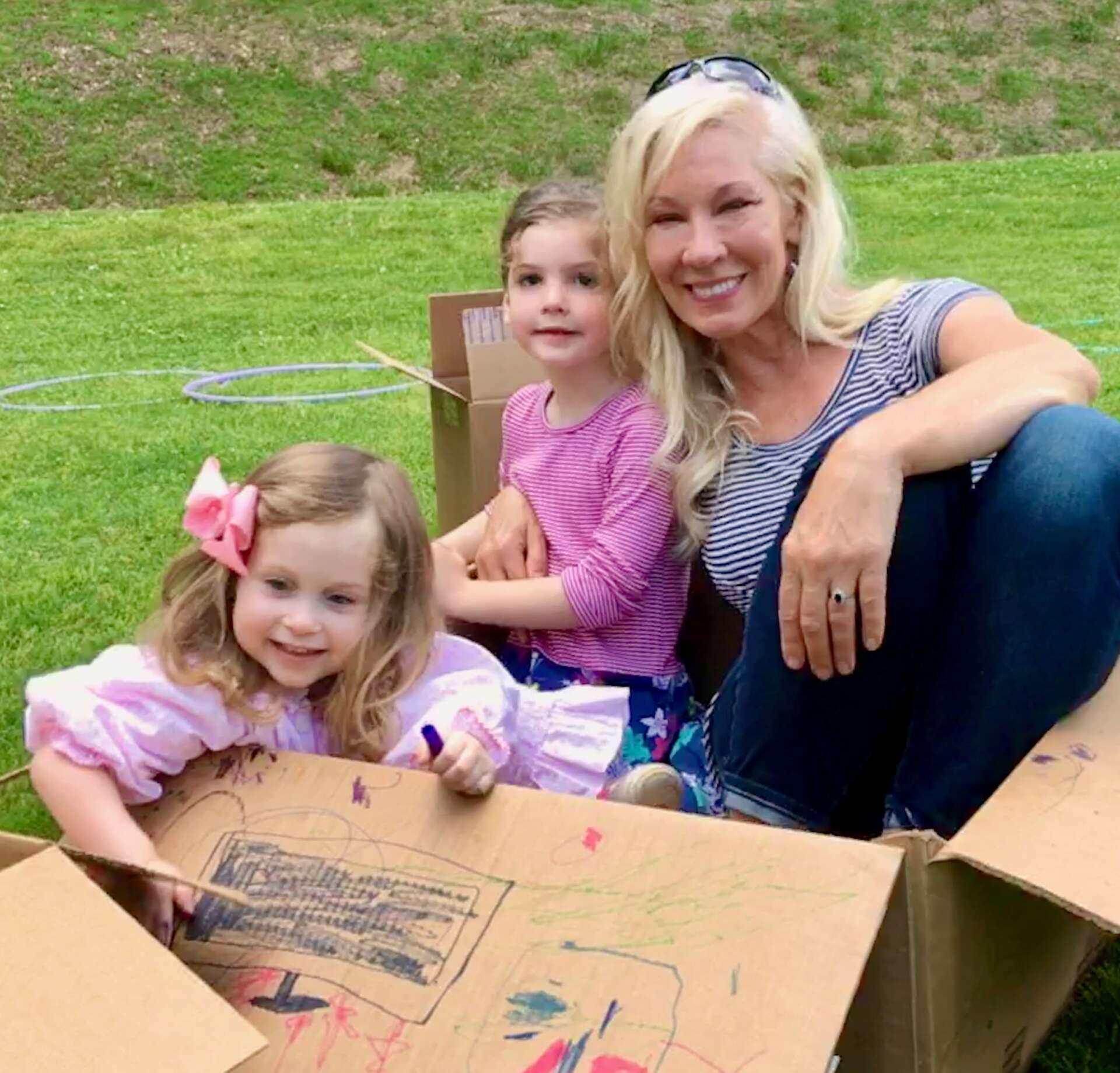
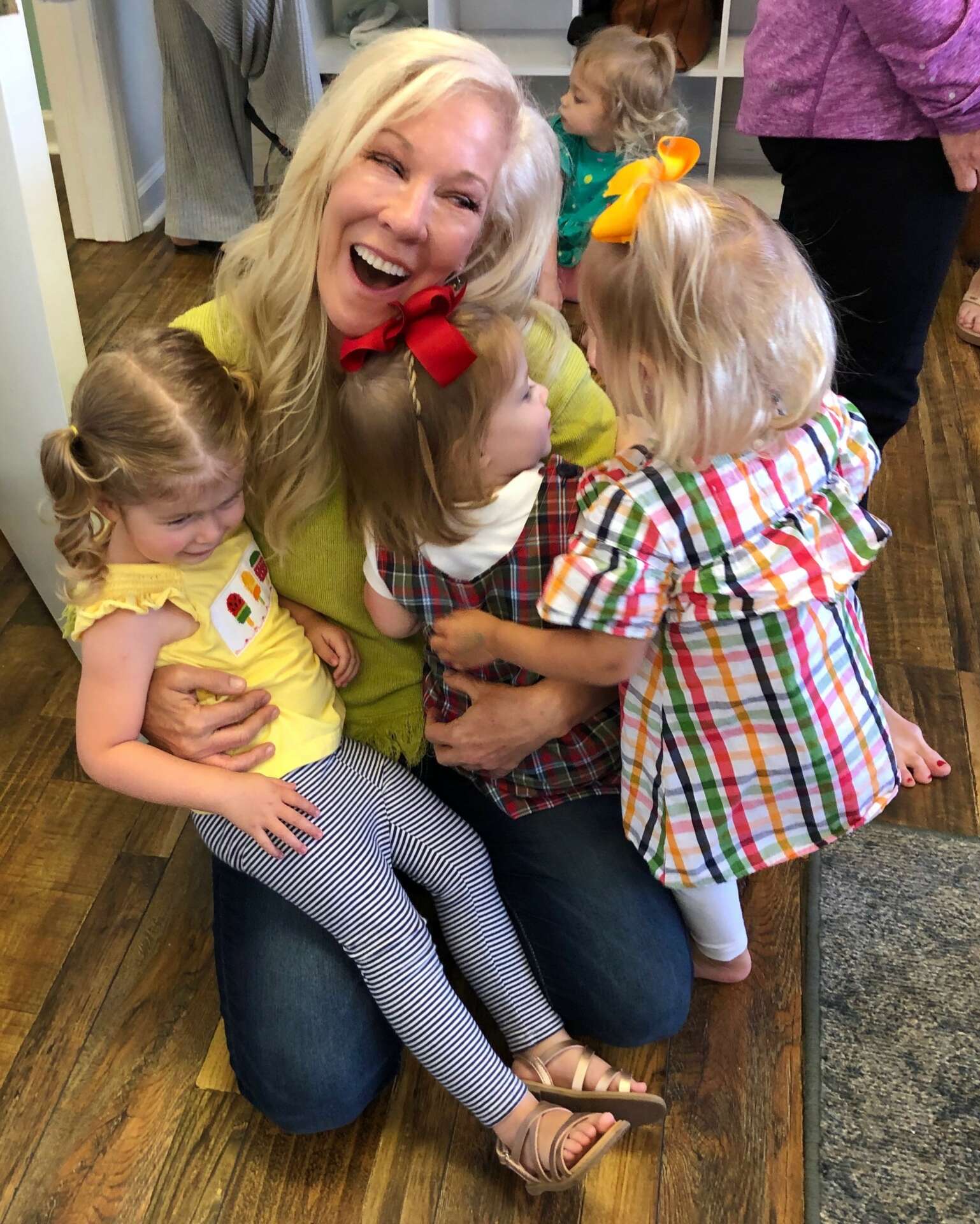

Are there any resources you wish you knew about earlier in your creative journey?
Ah yes — so many! I had not taken one business class in college. I had to figure everything out as I went along, especially when it came to marketing. And the world has changed so much and so fast in that regard — it was a lot.
Finally, about 8 years ago, I found a coach that specifically worked with dance and music studios. That was the first time I actually learned about setting up systems, about having a springboard for all my marketing and communications, and so much more. Under her leadership I not only experienced enormous growth, but I felt confident in running my business and leading my studio for the first time. She helped me find my direction and articulate my purpose, and helped me implement those through every aspect of my studio. If I had had a coach 20 years earlier, it would have made a huge difference.
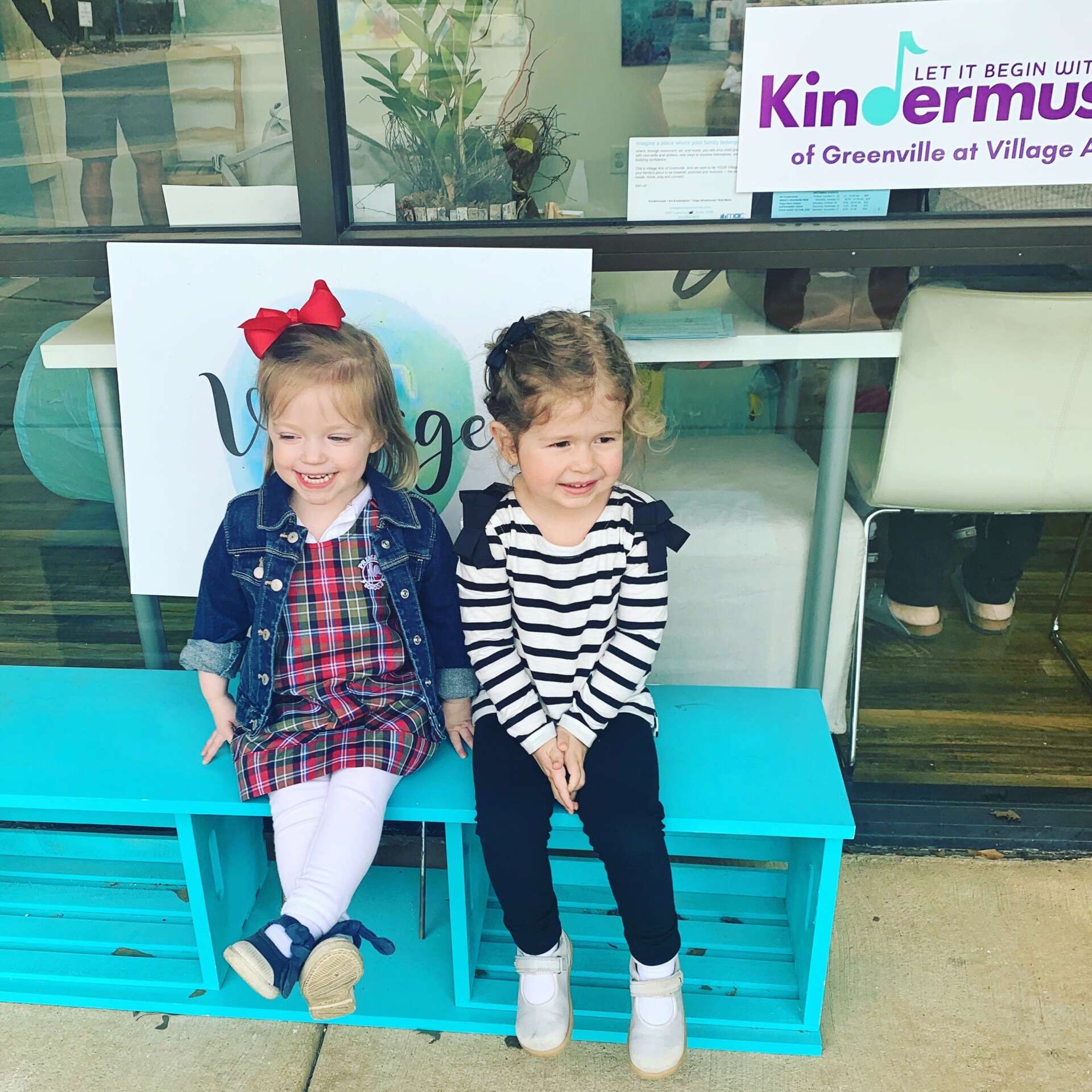
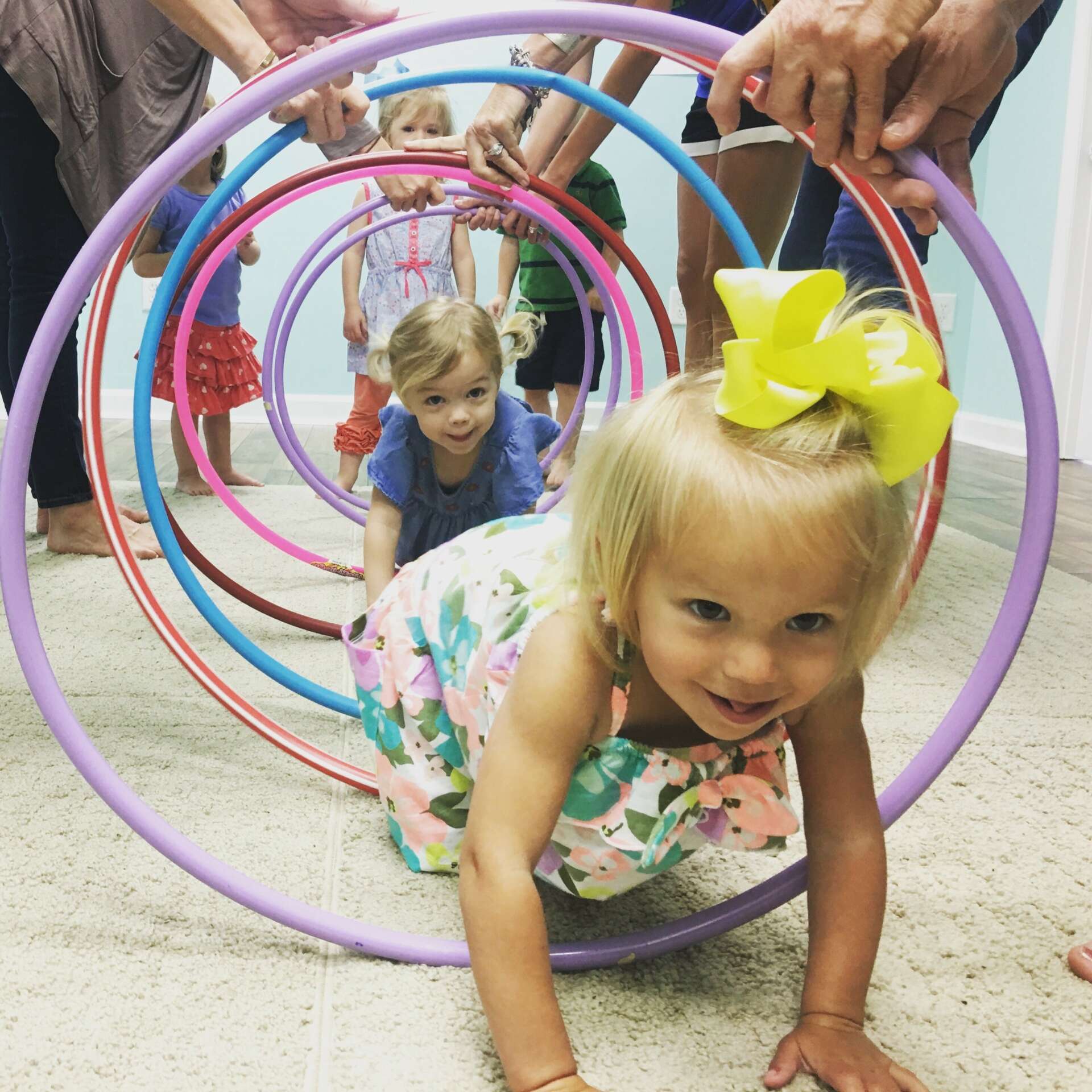
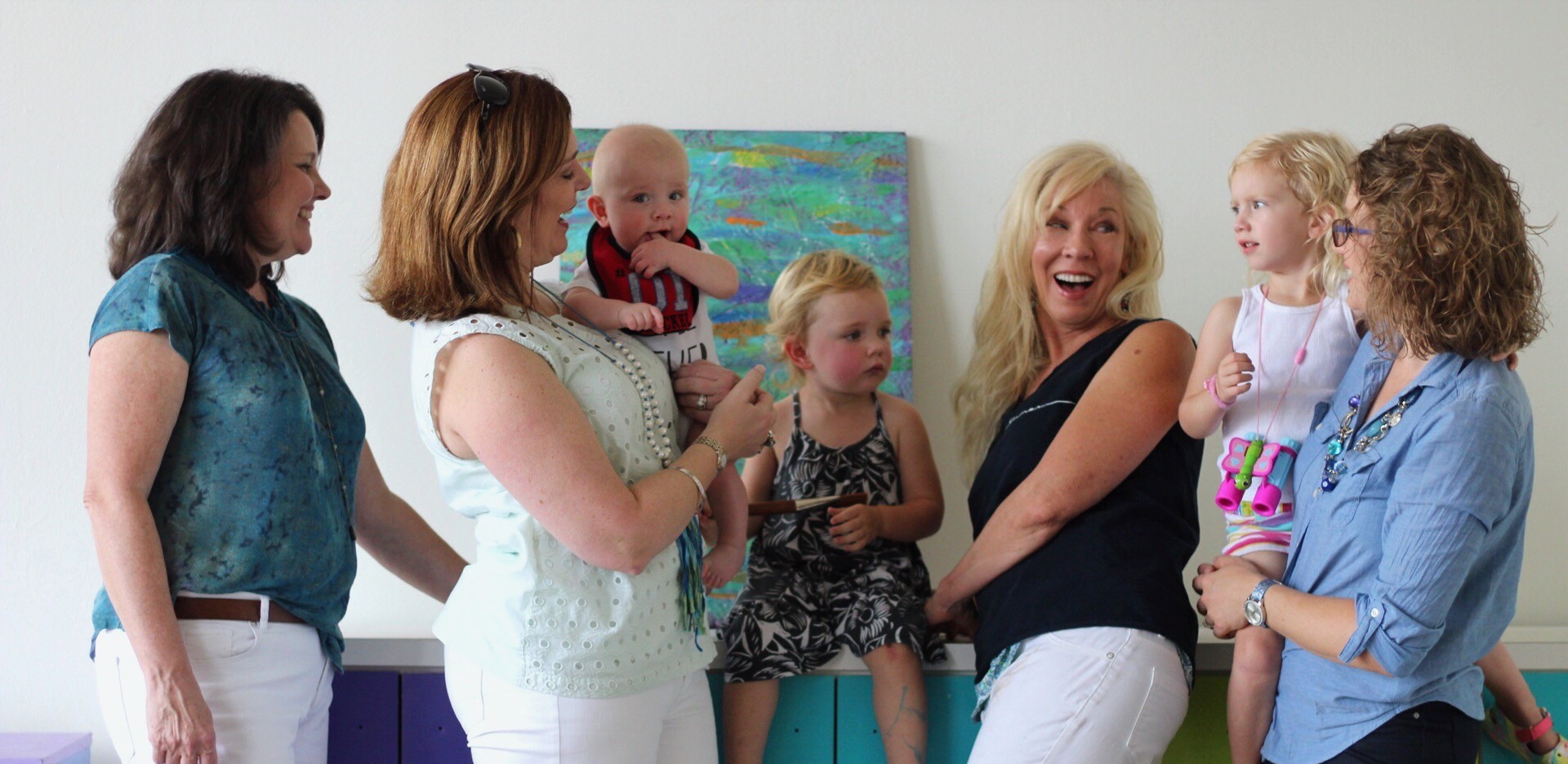

Contact Info:
- Website: www.kindermusikfun.com
- Instagram: @kindermusik_villagearts
- Facebook: @kindermusikofgreenville
- Youtube: Kindermusik of Greenville


